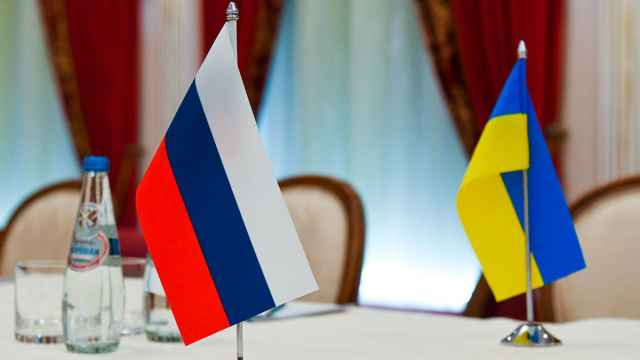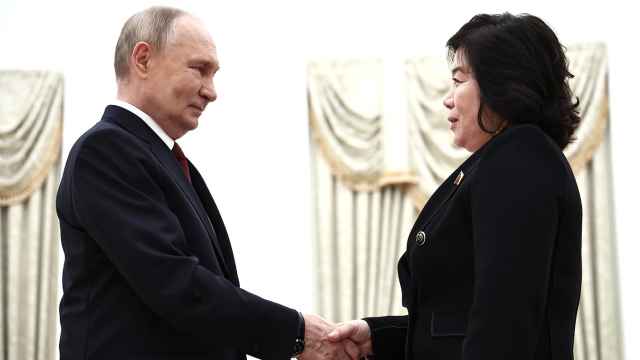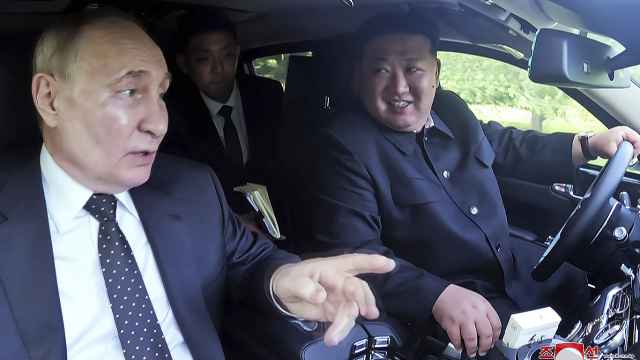Controversial anti-terror legislation requiring Russian mobile phone providers to record users' messages and phone calls could be delayed until 2019.
New laws forcing companies to store customers’ messages, photos and videos for at least six months were due to come into force on July 1, 2018.
The change will instead allow operators to implement the law step-by-step in order to help them offset the legislation's massive costs, the Vedomosti newspaper reported Thursday.
Under new proposals by telecoms giant MTS, companies would only collect data from users living in certain “pilot areas.” The number of Russians who would see their information recorded would gradually increase as more pilot areas were rolled out across the country.
Officials will back the plans at a meeting between industry representatives and the State Duma's Open Government committee on Friday, Vedomosti reported.
The new data storage law is part of conservative anti-terror reforms authored by United Russia politician Irina Yarovaya.
Signed by President Putin in July 2016, the Yarovaya legislation has provoked a strong backlash from activists and businesses, who call the legislation "Russia's 'Big Brother' Law."
In a letter to the Russian government last year, the country's top communications companies claimed that the law could cost as much as 2.2 trillion rubles ($39 billion) to put in place.
Russia’s Deputy Minister for Economic Development, Oleg Fomichev, went on to tell reporters in July 2016 that the data storage infrastructure required to implement the plans simply “didn't exist.”
Yarovaya herself has dismissed the criticism as a "baseless" excuse for mobile phone operators to increase prices.
A Message from The Moscow Times:
Dear readers,
We are facing unprecedented challenges. Russia's Prosecutor General's Office has designated The Moscow Times as an "undesirable" organization, criminalizing our work and putting our staff at risk of prosecution. This follows our earlier unjust labeling as a "foreign agent."
These actions are direct attempts to silence independent journalism in Russia. The authorities claim our work "discredits the decisions of the Russian leadership." We see things differently: we strive to provide accurate, unbiased reporting on Russia.
We, the journalists of The Moscow Times, refuse to be silenced. But to continue our work, we need your help.
Your support, no matter how small, makes a world of difference. If you can, please support us monthly starting from just $2. It's quick to set up, and every contribution makes a significant impact.
By supporting The Moscow Times, you're defending open, independent journalism in the face of repression. Thank you for standing with us.
Remind me later.






